Zimbabwe, grappling with a prolonged and severe drought, has declared a 'national disaster' as the government races to address the escalating hunger crisis. The dire situation has prompted neighboring countries Zambia and Malawi to also declare states of disaster due to drought, raising concerns that the region is facing its worst drought in decades.
President Emmerson Mnangagwa announced the national disaster declaration, highlighting the urgent need for $2 billion to combat drought and hunger exacerbated by low rainfall. Nearly half of the country's maize crop has been decimated, leading to soaring food prices and leaving an estimated 2.7 million people at risk of severe food shortages or starvation.
Mnangagwa emphasized that ensuring food security for all Zimbabweans is the top priority, with a commitment to preventing any citizen from succumbing to starvation or despair. The once-prosperous nation, known as the breadbasket of southern Africa, now grapples with the devastating effects of recurring droughts and agricultural losses.
Efforts to alleviate the crisis include sourcing maize from the international market, as Zimbabwe seeks to mitigate the impact of rising inflation and food scarcity. The country's history of drought dates back to 1992 when it experienced its worst drought, resulting in significant livestock losses. Recent years have seen a resurgence of dry weather, with droughts declared in 2016 and 2019.
While not all droughts can be directly attributed to climate change, the increasing frequency and severity of droughts are indicative of broader environmental challenges. Rising global temperatures, fueled by carbon emissions, contribute to worsening drought conditions by intensifying heat and moisture depletion from the earth.
As Zimbabwe grapples with the immediate crisis, the broader call for global action to address climate change underscores the urgency of adopting sustainable measures to mitigate future droughts and safeguard vulnerable communities.
End/v7n/aj/dk
A Global News Agency



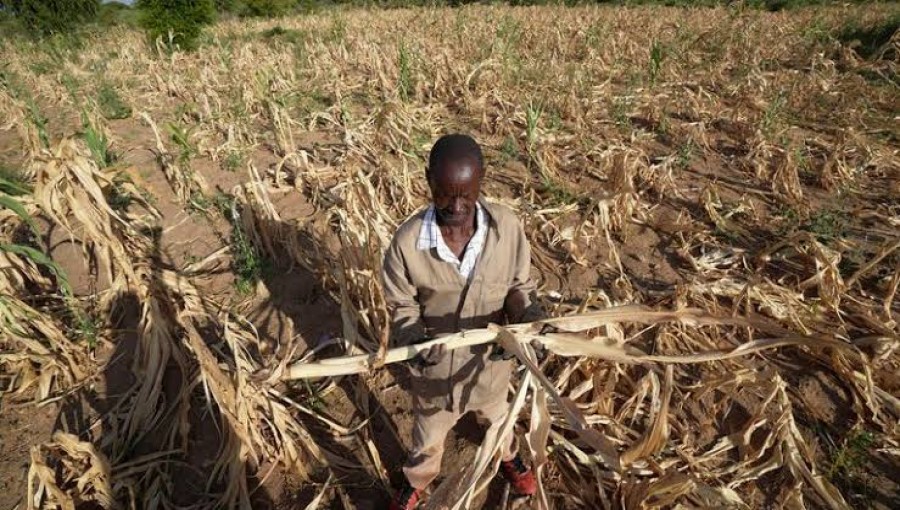

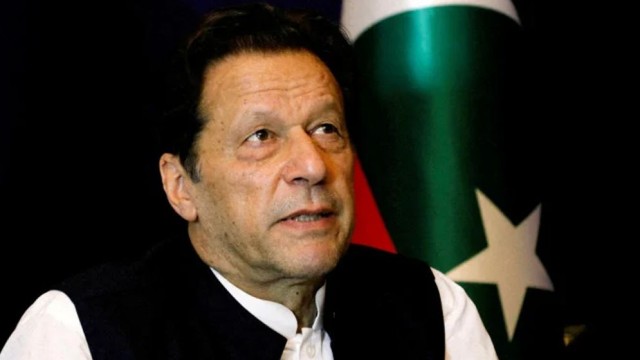

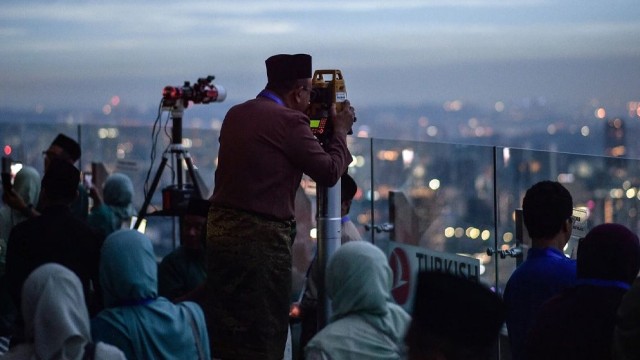






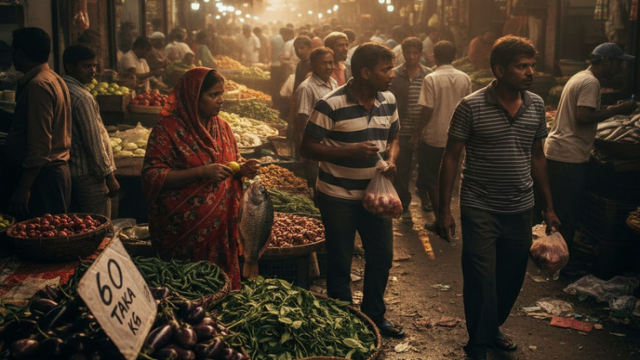

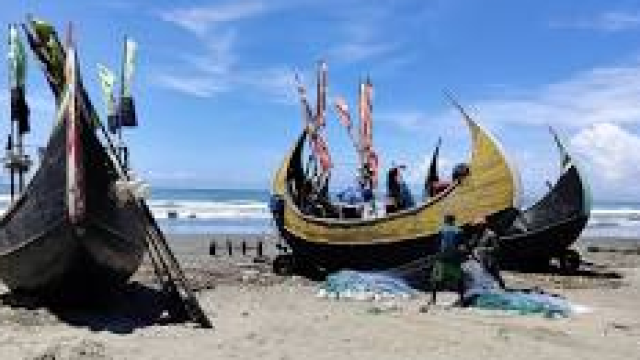
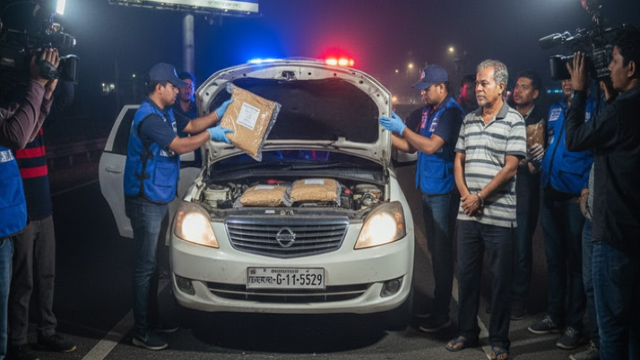












Comment: